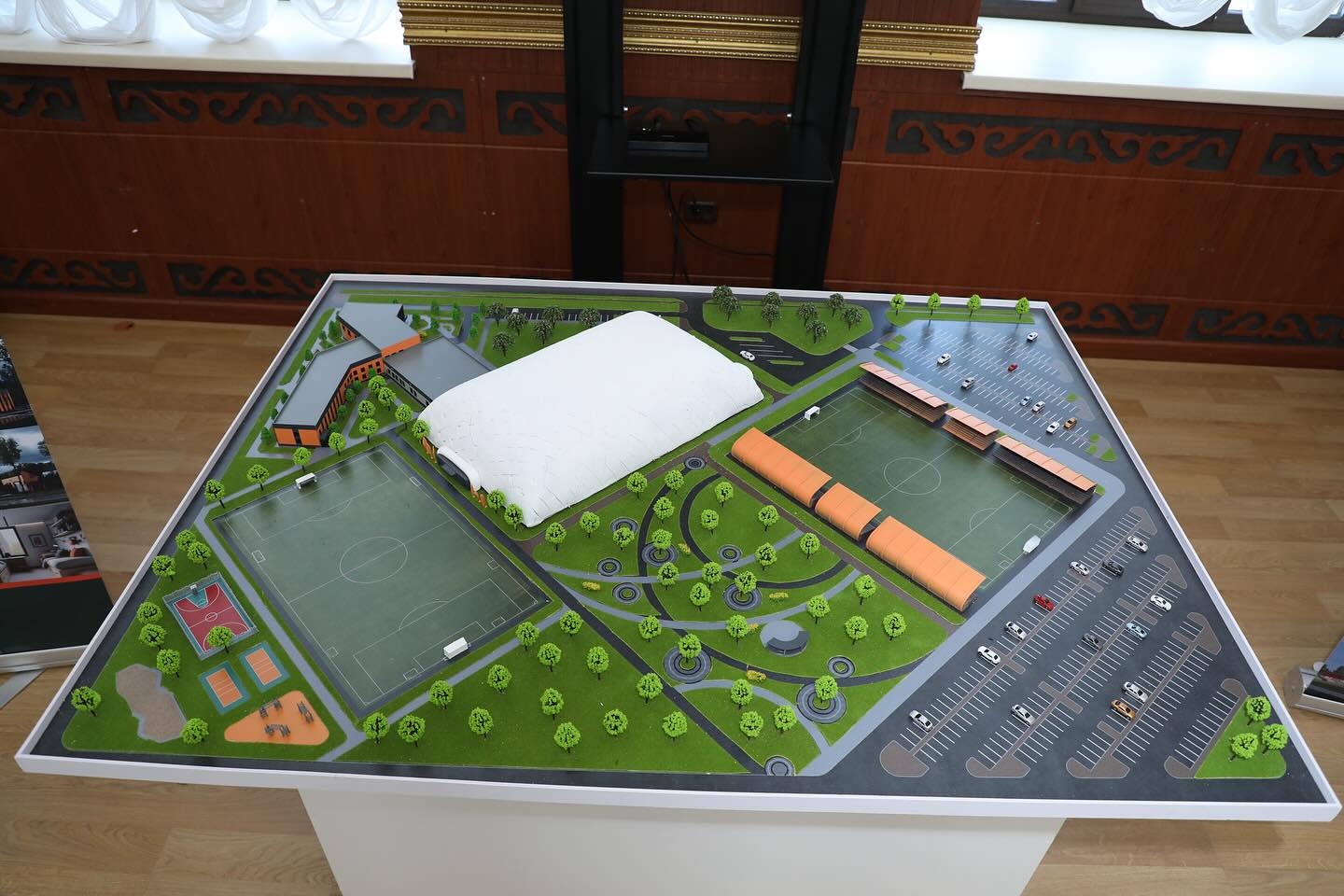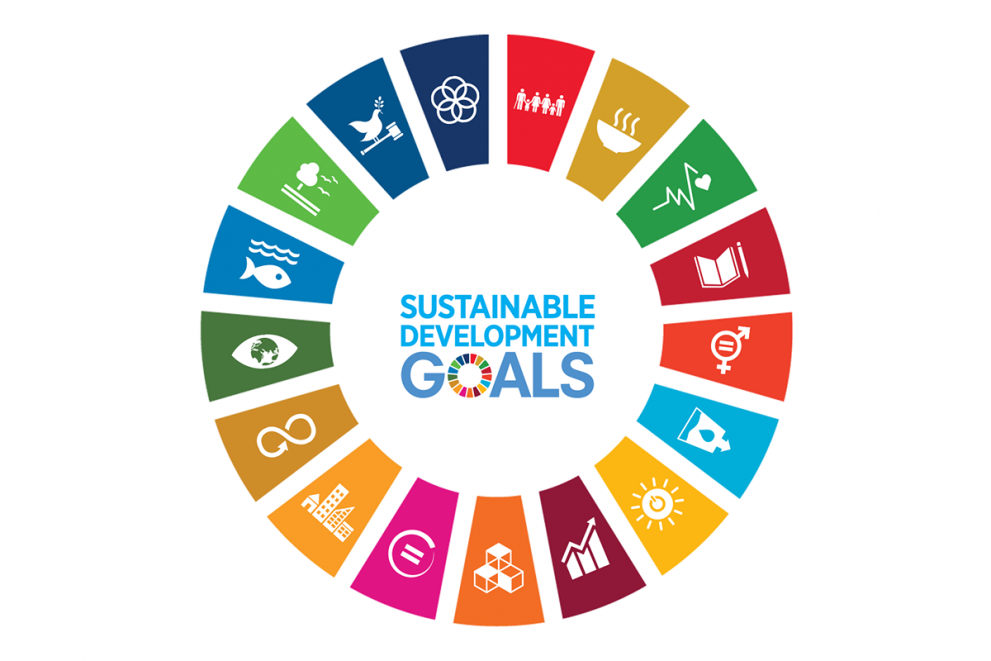From Kazakhstan to the World: Turlov’s Vision for Chess in Education

In the culture and education of many countries — especially those in Central Asia, India, Armenia, Eastern Europe, and increasingly in Scandinavia — the game of chess has traditionally occupied a special place.
Nowadays, just as centuries ago, it is often family members who teach their children to play, believing that this ancient game not only develops strategic thinking but also builds character.
Modern research supports these beliefs about the game, which has evolved from a traditional sport into one of the most popular online games. Playing chess improves memory and attention, develops creative thinking, and teaches risk assessment, respect for opponents, and responsibility for one’s decisions. Learning to play chess at a young age is especially beneficial because the brain is most receptive in childhood, meaning new cognitive skills are established more deeply and influence the rest of one’s life.
Students who play chess often perform better in maths, science, and languages. Most importantly, though, chess teaches the ability to see several steps ahead and perseverance in the face of difficulties.
Timur Turlov, the CEO of the Nasdaq-listed company Freedom Holding Corp. and the head of the International School Chess Federation (ISCF), believes that chess is not just a game with a long history; it is a reflection of the future.
“Chess is becoming one of the most popular types of e-sports, a symbol of the intellectual era, in which it is not strength that wins, but thinking. Millions of people already watch chess tournaments online, and streamers, cool commentators, real-time analytics, and artificial intelligence will make chess way more popular than we could have imagined a few years ago. MMA and UFC, watch out!” he says.
This August 2025, when summer is in full swing, the United States capital is hosting a major event combining sport, intellect, and education: the World Schools Team Championship (WSTC), the world championship for school chess teams. For several days, Episcopal High School, located near Washington, D.C., will be transformed into an arena for hundreds of young chess players from around the globe, as well as providing a space for dialogue among educators, coaches, and researchers who are united in their belief in the educational power of chess.
Organized by the International Chess Federation (FIDE) and the ISCF led by Timur Turlov, the championship takes place from 2 to 7 August 2025. School teams from over 40 countries, including New Zealand, Kenya, Armenia, Kazakhstan, and Uzbekistan, are participating, with each team presenting four main players, one reserve, and a captain.
“To see more than 50 teams from different countries, so many smiling faces, so much energy in one place — it’s more than just a tournament. It is a celebration of unity, friendship, and the power of education,” Turlov said at the opening ceremony.
WSTC 2025 is another significant step in FIDE’s global mission to strengthen the role of chess in school education and to create unique international platforms for the exchange of ideas. The inaugural tournament took place in Aktau, Kazakhstan, in August 2023, organized with the support of the Kazakhstan Chess Federation, FIDE, and Freedom Holding Corp. Inspired by the tournament’s success, the International School Chess Federation (ISCF) was founded as an affiliated body of FIDE in September 2024. Timur Turlov, President of the Kazakhstan Chess Federation and CEO of Freedom Holding Corp., was appointed as its head.
Timur Turlov says there is a real chess boom in his home country, Kazakhstan.
“More and more children are starting to play from an early age, and we are seeing an explosion in the popularity of this game among young people. Recently, hundreds of young champions have emerged for whom chess is not just a hobby but a way of thinking — an important part of their lives,” he comments.
Timur Turlov wanted to organize not just another tournament for children, but to create a meeting place where teachers and experts from around the world could exchange ideas.
That’s why, for the first time in the championship’s history, the unique Smart Moves Summit — an international conference — will be held alongside the tournament on 4–5 August. School leaders, scientists, EdTech specialists, business partners, and coaches from over 20 countries are expected to attend.
As Turlov notes, it is not just about chess as a sport: “We are talking about the future of education, thinking, and international cooperation. It is here that ideas are born, connections grow stronger, and real progress begins.”


